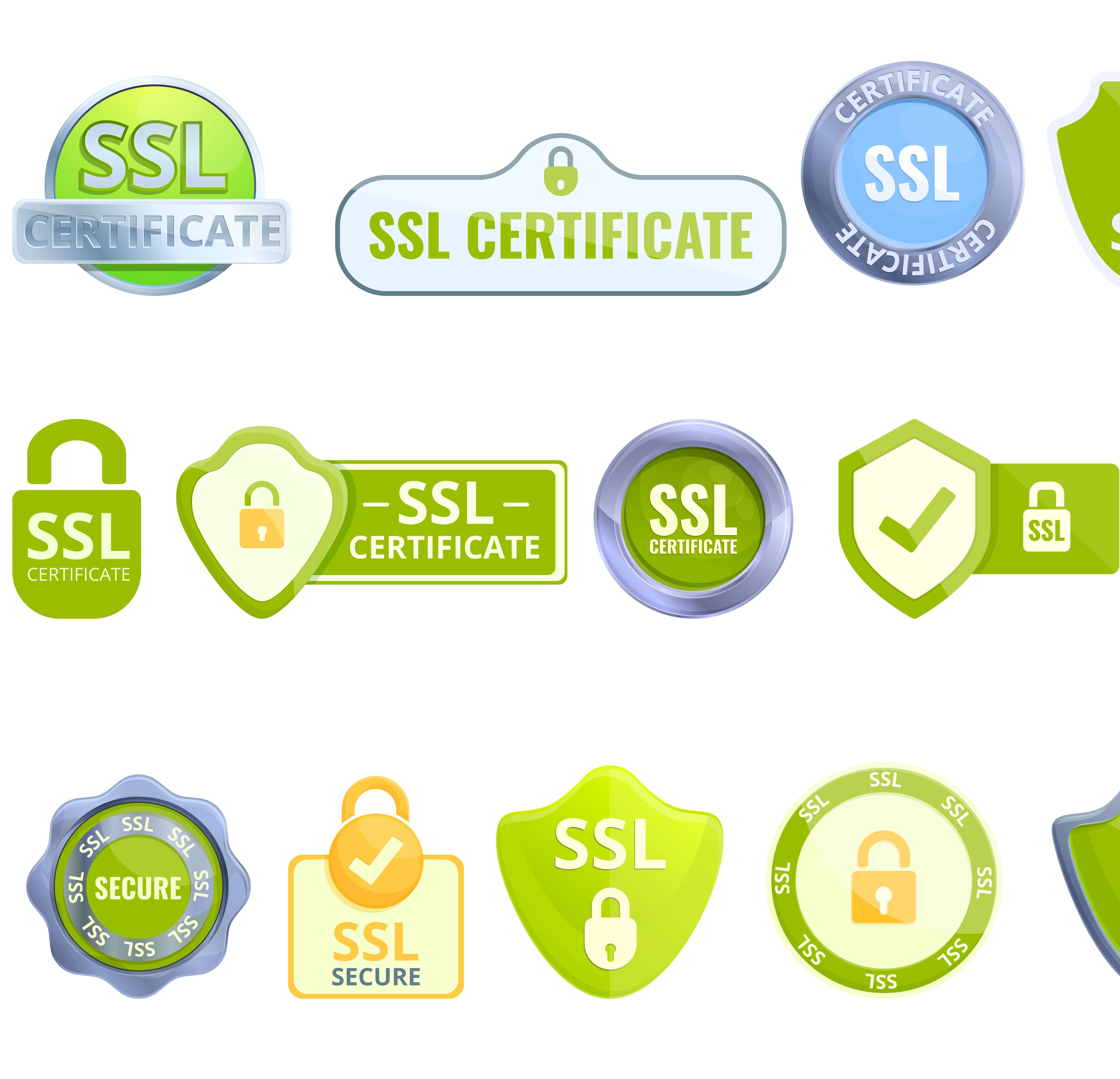In today's digital age, online security has become a must for every website owner. To ensure the security of your website, you need to use SSL (Secure Socket Layer) certificates. SSL certificates protect you and your website users by encrypting data transmissions on your website. In this article, we will discuss the different types of SSL certificates and their features to help you choose the right certificate for your website.

Domain Validation SSL Certificates
Domain Validation SSL certificates are the most basic type of SSL certificate. They are SSL certificates that have been validated and only verify domain ownership. This means that the certificate authority will only confirm whether you own the domain and will not verify the server where the domain is located for security. Although this type of certificate cannot guarantee complete security, it is an affordable option for websites that do not involve online transactions or customer data collection.
Extended Validation SSL Certificates
Extended Validation SSL certificates are an advanced type of SSL certificate that provides higher security and trustworthiness. This type of certificate undergoes a more rigorous validation process, including verifying website ownership, business qualifications, and physical address information. Extended Validation SSL certificates also display a green padlock icon and company name in the browser address bar to indicate the website's security and credibility. This type of certificate is usually used for highly confidential websites like e-commerce sites and financial institutions.
Wildcard SSL Certificates
Wildcard SSL certificates are another popular type of SSL certificate. This type of certificate can protect a domain and all of its subdomains. For example, if you own the domain example.com, using a wildcard SSL certificate can protect subdomains like www.example.com, mail.example.com, and blog.example.com. This certificate is suitable for websites that need to protect multiple subdomains, such as enterprise-level sites or blog sites.
SAN SSL Certificates
SAN SSL certificates are SSL certificates that can protect multiple domains. SAN stands for "Subject Alternative Name," meaning that this certificate can protect multiple domains and subdomains. For example, if you own the domains example.com and example.net, you can use a SAN SSL certificate to protect both domains and all of their subdomains. This certificate is usually used for websites that need to protect multiple domains, such as enterprise-level sites or multi-brand sites.
OV SSL Certificates
OV SSL certificates are highly validated SSL certificates that can provide higher security and trustworthiness. OV stands for "Organization Validation," meaning that the certificate authority will verify that your company or organization is legally existing and ensure that you have the right to apply for the certificate on behalf of the company. This certificate also displays a green padlock icon and company name in the browser address bar to indicate the website's security and credibility. This certificate is usually used for financial institutions, government agencies, and large enterprises that require high confidentiality.
EV SSL Certificates
EV SSL certificates are the highest level of SSL certificate, providing the highest level of security and trustworthiness. EV stands for "Extended Validation," meaning that the certificate authority will perform strict validation on your company or organization to ensure that your website is secure and legitimate. This certificate displays a green padlock icon, company name, and country/region name, as well as the name of the validation authority in the browser address bar. This certificate is usually used for government agencies, financial institutions, and other highly confidential websites.
Conclusion
SSL certificates are essential to ensuring the security of your website and protecting user data. When choosing an SSL certificate, you need to consider your website's security needs and the level of security and trustworthiness provided. Different types of SSL certificates have their own advantages and disadvantages, and you need to choose the most suitable certificate based on your needs. We hope this article has been helpful, thank you for reading!























